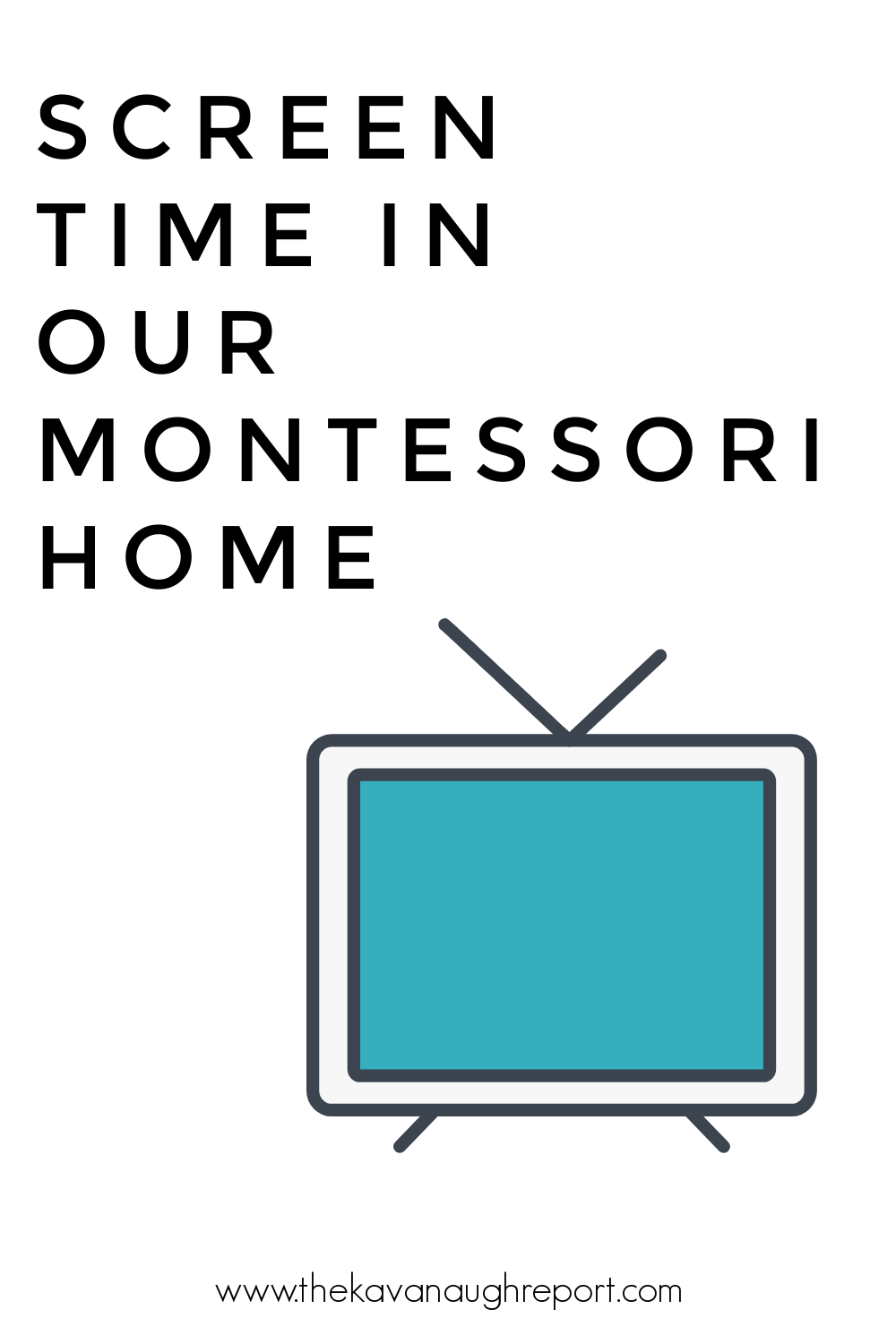It's amazing to me, but we suddenly have a house with babies, but also a bunch of bigger kids! Henry and Nora are both solidly in the second plane of development. Gus is well on his way and will be 6 by the end of the year! Ahh! As our children get older we have introduced something new in the Kavanaugh family - screen time.
Prior to age six, we keep screen time to an absolute minimum. We want children up and moving their bodies, we want them exploring the world, and we limit their exposure to fantasy. Screens tend to be contrary to these goals. So at this age they are pretty limited to just watching screens if talking with family, if they are really sick, or if very rare special occasions. Plus, the nuerodiversity among some of our children makes the impact of screens a little too much for them to deal with safely at these ages.
Why Introduce Screens at Age 6?
After age six, once our kids have entered the second plane of development, we introduce limited screen time. While it might seem like age 6 is a little arbitrary, the shift that occurs at this age in the child has made us more comfortable with screen time. This is for a few reasons. One, fantasy and imagination are more important to second plane children. They are better able to understand fantasy, manipulate it and enjoy it.
Two, second plane children are social beings. They live for peer interaction and social structures. In today's culture, there’s such and emphasis on screens that it feels important to us that they have at least some exposure to the things that are important to their peer group. This became even more important during the height of the pandemic when most of their social interaction even occurred on screens.
Finally, second plane children are better able to understand limits around screens. They can be part of the process of deciding how screens can and should be used, how to limit and distribute screen time, and how to know when we've all had enough. This is still a work in progress in our house, and our kids our active parts of that conversation. We want to be able to come up with limits that feel good for all of us, and that's just not something younger children are able to do without a lot of emotions and adult control.
Screen Time Limits
Speaking of limits, I want to be clear that in our Montessori home, it's not like the moment they turn six suddenly everything changes and they can be on screens completely. Children (really people) of all ages need to be up and moving their bodies and exploring their world most of the time. We want our children engaged in as much free play as possible. We find that screens tend to get in the way of their desire to play and can lead to a cycle of wanting more and more screen time. So, we have set two types of limits about how screen time is used in our home, even for our bigger kids.
Time Limits
We do limit the amount of time they are allowed on screens. At age 7, Nora gets to watch an occasional movie or documentary. Typically, this would happen once or twice a month. She doesn't get any consistent or weekly time on screens. Henry was the same until he turned 10. At that point we observed that he was ready for more consistent screen time. At this point, he gets two hours a week to use on his own (in addition to any movie night we happen to have.) Nora (and our other children) will also eventually get time to allocate on their own, but we are observing them to see when they are ready for that kind of privilege and responsibility. It may be at the same age as Henry, or different, depending on their own timeline.
Content Limits
The other limit we place on screen time is the content of what the kids are doing. Again, at this point, Nora is pretty limited to a movie or sometimes a television show. Very occasionally she will join Henry in a video game. Henry, as he has gotten older, has a bit more freedom. During his two hours a week he has a few choices for his screen use. He can use a Nintendo switch to play a video game, watch a television show on a streaming service, or use an iPad to make stop motion movies. We don't allow for youtube or internet browsing at this time.
I want to be clear here that by sharing this, I'm not sharing any sort of Montessori required or specific screen time policy. What makes our approach work in our Montessori home is that we base our decisions on our observations of our children and our understanding of their developmental readiness. This is also not a judgment on your parenting choices if you choose to introduce screens earlier. We are not anti-screen here, we just feel like they have their time and place. And just like anything else, our job as the prepared adult is to help set limits in our environment until our children are ready for more freedom.




